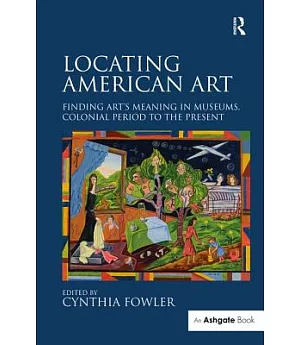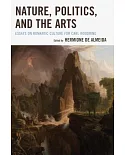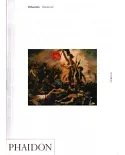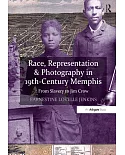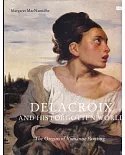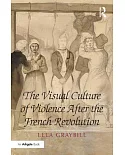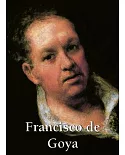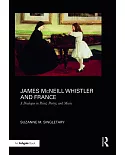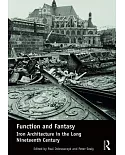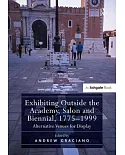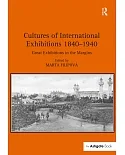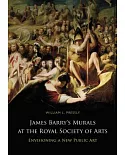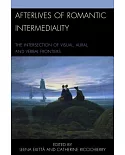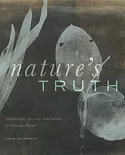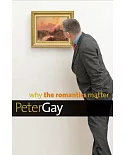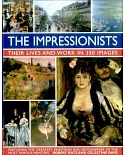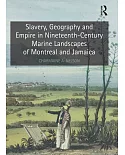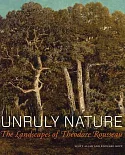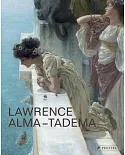How does museum location shape the interpretation of an art object by critics, curators, art historians, and others? To what extent is the value of a work of art determined by its location?
Providing a close examination of individual works of American art in relation to gallery and museum location, this anthology presents case studies of paintings, sculpture, photographs, and
other media that explore these questions about the relationship between location and the prescribed meaning of art. It takes an alternate perspective in that it provides in-depth analysis of
works of art that are less well known than the usual American art suspects, and in locations outside of art museums in major urban cultural centers. By doing so, the contributors to this volume
reveal that such a shift in focus yields an expanded and more complex understanding of American art. Close examinations are given to works located in small and mid-sized art museums throughout
the United States, museums that generally do not benefit from the resources afforded by more powerful cultural establishments such as the Museum of Modern Art and the Metropolitan Museum of Art
in New York. Works of art located at institutions other than art museums are also examined. Although the book primarily focuses on paintings, other media created from the Colonial Period to the
present are considered, including material culture and craft. The volume takes an inclusive approach to American art by featuring works created by a diverse group of artists from canonical to
lesser-known ones, and provides new insights by highlighting the regional and the local.

